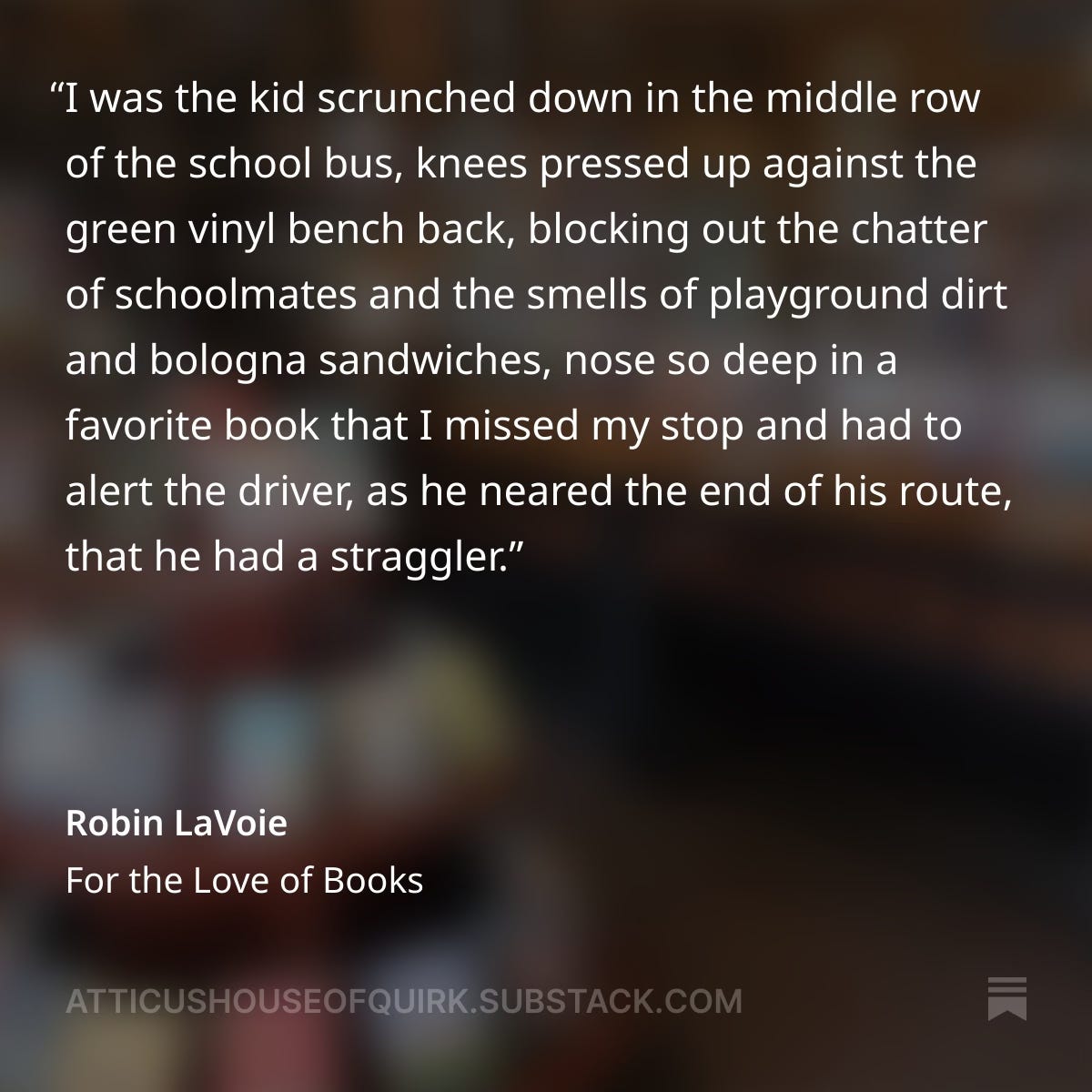I lost my composure during a guided meditation on equanimity. Yeah. Equanimity—that steadiness of mind and composure in response to any situation?
Well, I am not a skilled meditator. But at least no one else on the call could see or hear me!
In this guided session1 we were prompted to bring to mind someone to whom we could offer phrases of balance and calm. I pictured my son.
But with the first prompt—
“May you accept things the way they are.”
I burst out laughing.
This, right here, is one of the top challenges in caring for my son lately.2
His non-acceptance of the way things are—literally how objects are placed around our house—is a constant source of friction.
Take, for example, our kitchen.
My son monitors and memorizes our pantry inventory.
I’ve started hiding our extra mayo, pasta sauce and pickles in a lidded, unmarked box.
I forget what’s hidden when I make my grocery list.
But if I don’t keep them out of sight, we risk wasting them. If jars once kept on a pantry shelf are later spotted in the fridge, my son will return them to their “correct” positions, refrigerate after opening be damned.
I encourage my son to help in the kitchen. I want him to learn how to prep and cook. But he’s quite an opinionated sous chef.
He verbally reminds me what I’m cooking every step of the way. He reaches around me to make sure every drawer and cabinet is closed. He checks and re-checks the refrigerator and pantry. He puts things “away” before I’m done using them. He rushes to throw out anything that looks like it might be trash.
When we are preparing a snack, cooking a meal, or doing the dishes, our son is fretting that we are using the kitchen.
We dance around each other. I’m constantly saying: Bring that back, please. Wait, where’s the pepper? No, not yet. That’s not trash. Just leave it. Thank you for helping, but I still need that.
May I accept things the way they are.
Everything changes. Right now, it’s like this.
He returns the kitchen scissors to the drawer if I’ve left them on the counter even for a second. When I do put the scissors away, he re-opens the drawer to check that I’ve placed them properly.
Ditto for the aluminum foil, salt, spices, olive oil, potholders…
I don’t trust me to remember your rules, either, kid.
After dinner, he will put his condiments away, toss his trash, put his plate in the sink.
People say it’s so nice that he cleans up. Your house is so tidy.
Yes. And—
His t-shirts are stained from doubling as napkins.
We find cups and dishes “returned” to the cabinet before they’ve been washed.
He doesn’t seem to see (or mind) the metric ton of crumbs he leaves on and under the table.
My dear boy uses so much grated cheese—on vegetables and pizza—that our vacuum stinks of parmesan.
When he’s at his most obsessive and our nerves or his are frayed, a line is drawn.
We pull out what his dad calls the “BD-2000” (aka the boy-deterrent), a retractable clothesline my husband installed to close off the kitchen.
We used a similar barrier system at our last house. Rope, tape and/or clothespins helped our son to at least temporarily “get control of his impulse to FIX all of the things,” and it worked surprisingly well.
These barriers don’t physically stop him. They mentally stop him. They remind him that it’s OK for things to look different for a little while.
From behind the barricade (a rope that he could easily move or duck under), our micro-manager continues to supervise. He gestures, holding his palm out toward any object out of place, and uses his words to assist. Pantry. Sink. Trash Can.
Later, when the dishes are done and the kitchen is “closed,” he will take the chance to return everything to its proper order.
May we meet whatever arises, externally or internally, with balance and wisdom.
My son’s fretting certainly gives me lots of practice finding balance.
In the meantime, I’m thankful for my husband’s wisdom and the BD-2000.
You can find other pieces I’ve written about rigidity and visual supports and caregiver mental health at my (still developing) Stay Quirky Index here. Like this one:
21. Itchy
My son takes a medication that is approved to treat “irritability associated with autism.”
I am associated with autism, and I am also irritable. Is there a pill for that?
In other news!
I was asked by my local indie bookstore Atticus Books & Music to take on writing their newsletter — the first issue came out last week! I get to geek out about books & music, and help my neighbors remember why they should, too. Come check it out!
Thanks, as always, for being here. If you liked this one, please leave me a comment or click the ♡ button—these interactions help others find me!
This guided meditation was a during a weeklong live meditation series offered by here on Substack. He called it “The Buddhist Antidote to Anxiety” and it included lessons on “four practices of the Brahma Viharas (loving-kindness, compassion, sympathetic joy and equanimity).” Really helpful, despite my distracted laughing fit.
This is “one of the top challenges in caring for my son” — besides looming budget cuts that directly target his programs and services. Please continue to contact your legislators to let them know how devastating the proposed federal budget will be for families across the country. Here’s a link for that. And if you’re in Arizona, a note to our state legislators to protect DDD services as they make budget decisions would be very helpful too – here’s a link with email addresses and sample scripts.








omg this is great! I work (and live part-time) with two autistic women and boy-o-boy they test my ability to accept things. This really resonated. I hope you find a few moments of piece soon.
I loved reading this insight, it sounds absolutely exhausting though, you deserve a dozen medals if not more!